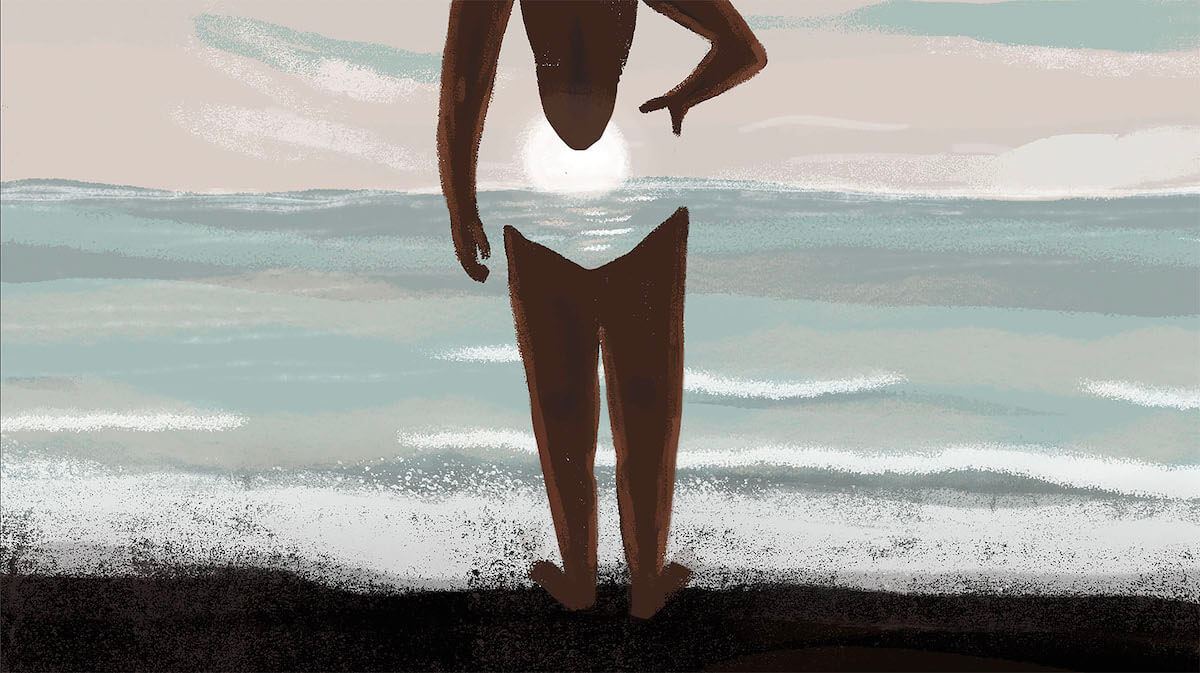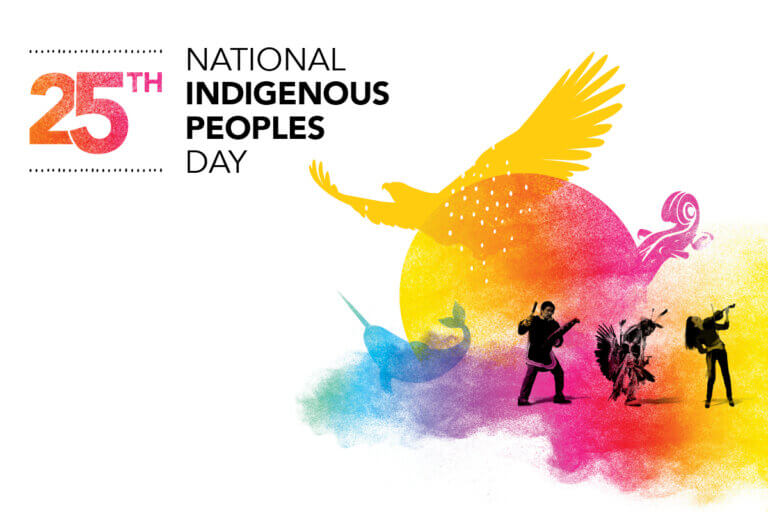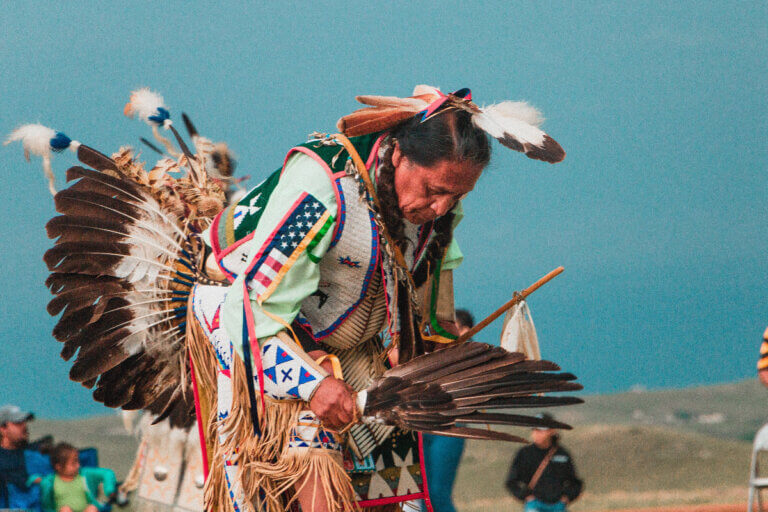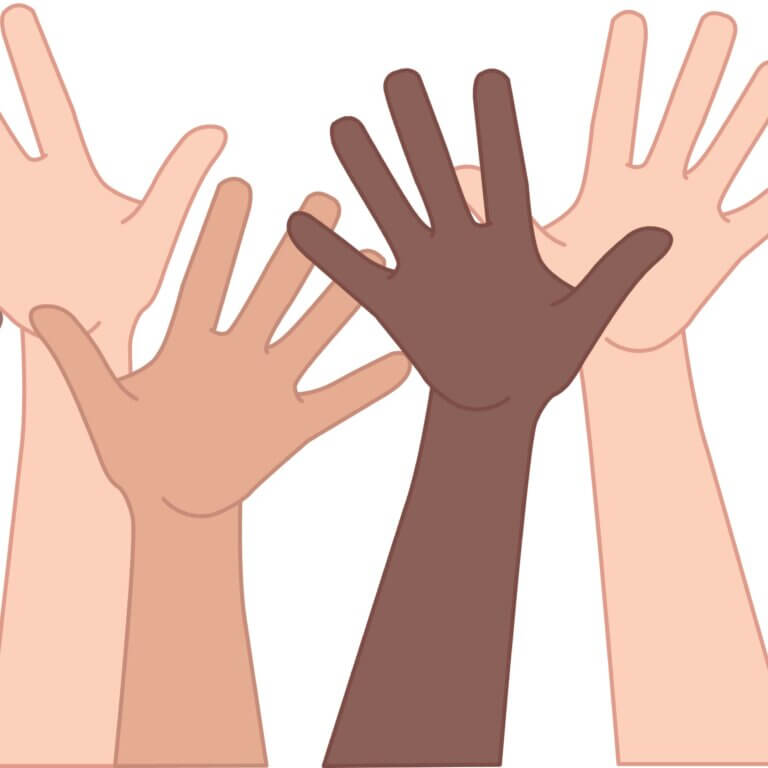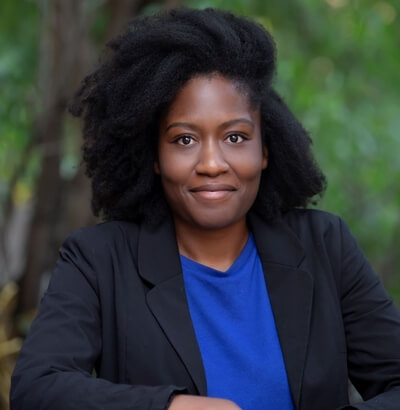“Today you asked me where you’re from, and I couldn’t answer.” That’s the first line from Fan Sissoko’s short film On The Surface, spoken by Ada, a young Black woman, to her child. Throughout the striking, animated film, Ada shares the experiences of giving birth and living with postnatal depression in a new country that doesn’t feel like home.
Ada continues: “When you were in me, I almost didn’t make it, you know. And you neither. The doctors, one of them, she said there was no reason for my pain. She almost sent me home. We wouldn’t be here. She didn’t take me seriously.” Ada relieves this traumatic experience while swimming in the Icelandic Sea, and ultimately finds healing. Sissoko thoughtfully explores motherhood, immigration and depression in less than five minutes through this beautifully animated and introspective short film.
This Short Film Tackles Mental Health Issues
Sissoko is a filmmaker based in Reykjavik, Iceland. Her film was showcased at the 2021 Voices With Impact festival. The festival is run every year by Art With Impact, an organization that promotes mental wellness by creating a space for young people to learn and connect through art and media.
The topics at the festival were “mental health issues specific to Black people” and “mental health issues related to immigration experiences.” On The Surface explores both. I chatted with Sissoko to learn about her journey as a filmmaker and the creative process behind this short film.
Of all art forms, what inspired you to get into film?
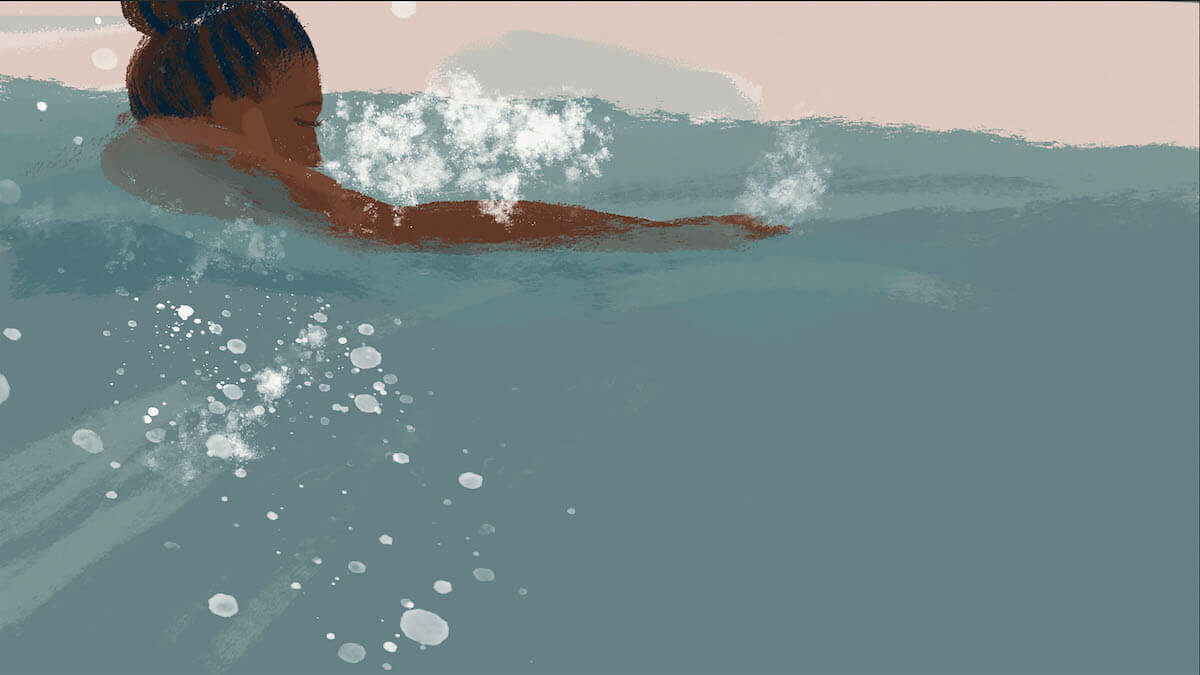
My background, actually, is not in film. I’m a designer and researcher. And I’ve been working in design and research for social change for the last 10 years or so. That work is often about listening to the stories of people who are impacted by a specific social issue, and then retelling those stories to people in health and care and education so that they change those systems based on what people actually need. That’s what made me interested in understanding the power of storytelling.
On the Surface – it’s the first film that I’ve actually written. And it’s the first film that’s not just me documenting someone else’s story, but it’s actually a way for me to tell my story.
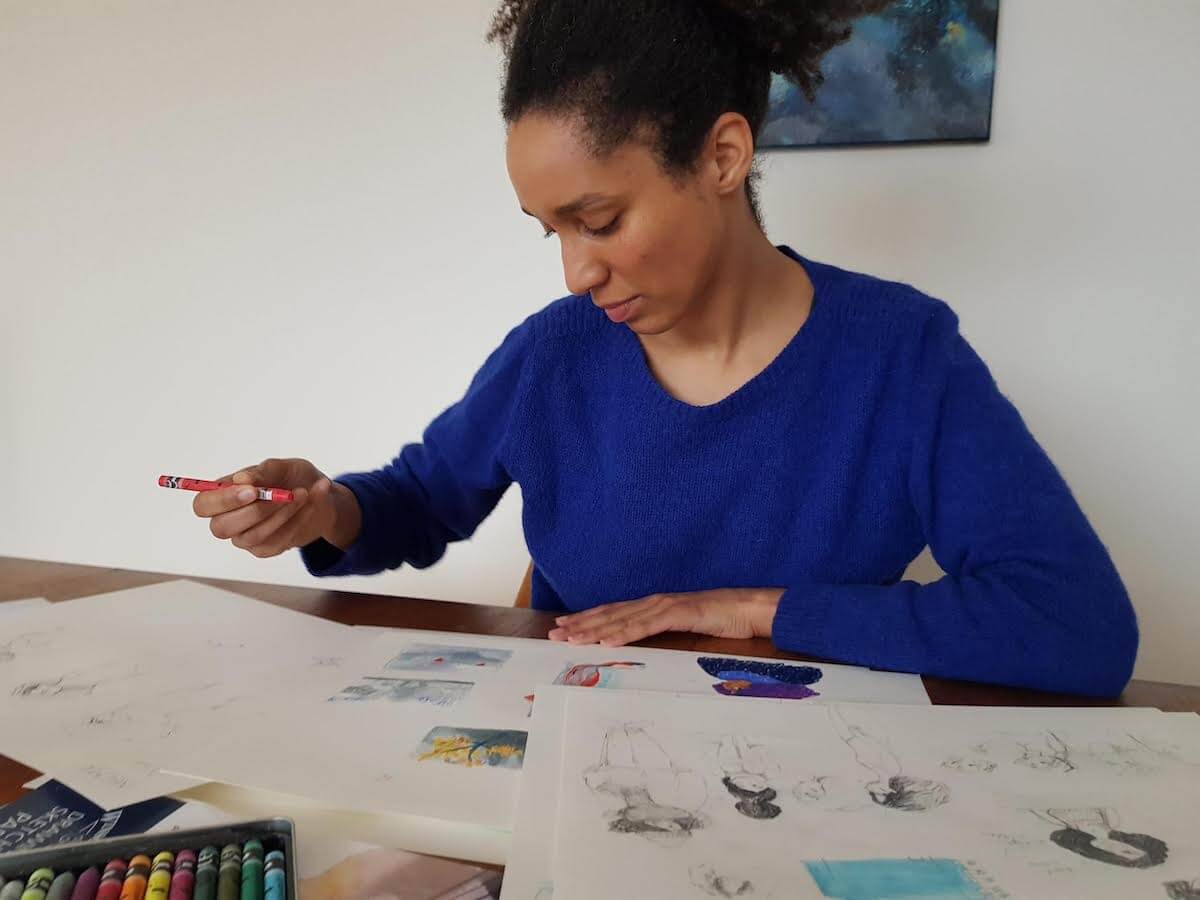
What was the process of learning filmmaking like?
I’ve made films before, but more like documentary style. But I decided that this film should be animated. Because in my mind, I could only imagine it as an animation. So I had to learn animation. It’s a really long and tedious process. But it’s also quite meditative – it’s digital drawings, but frame by frame. So each frame, you draw a different movement.
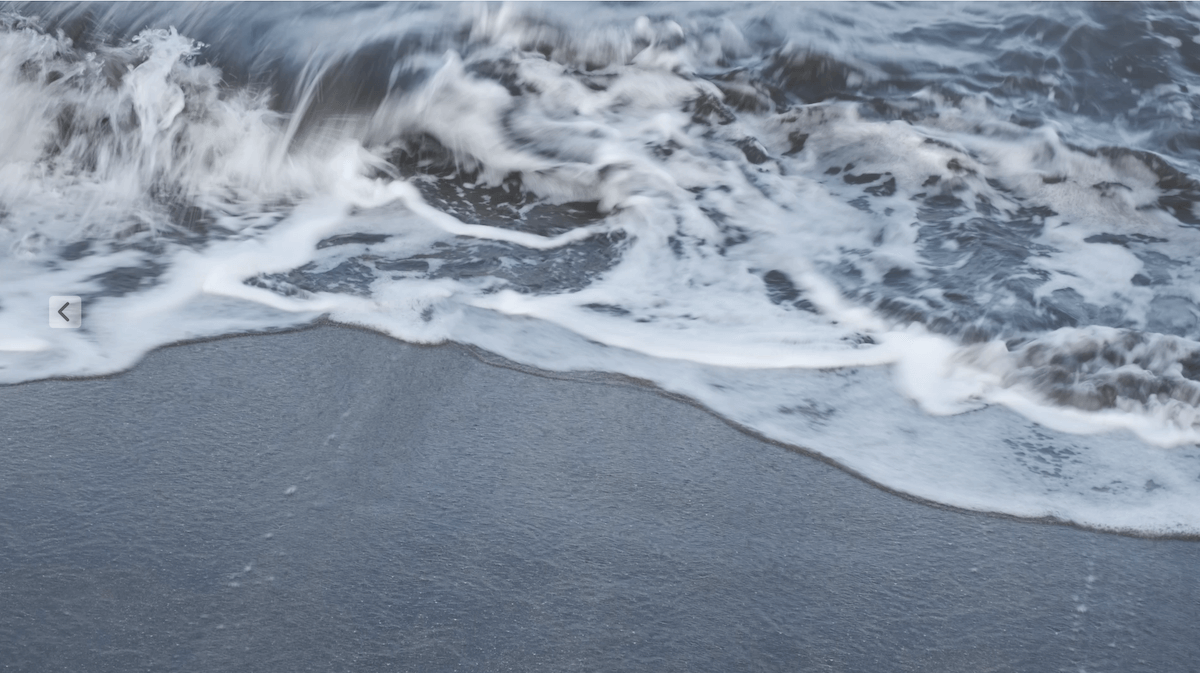
Related Articles
What was your creative process for this short film?
It started with writing. I think I actually wrote the script quite quickly and didn’t do too many edits, then storyboarding, and then quickly went into animation. But in the process, to help with the animation, I will have to take the camera and just go and film. For example, there is a shot of the main character going into the water. So just to have the reference of how that works, I filmed myself, or sometimes I just went for walks by the sea and just took shots of how the water moves and stuff like that. So it was a mix of having to shoot it myself, just to have it as a reference for the animation.
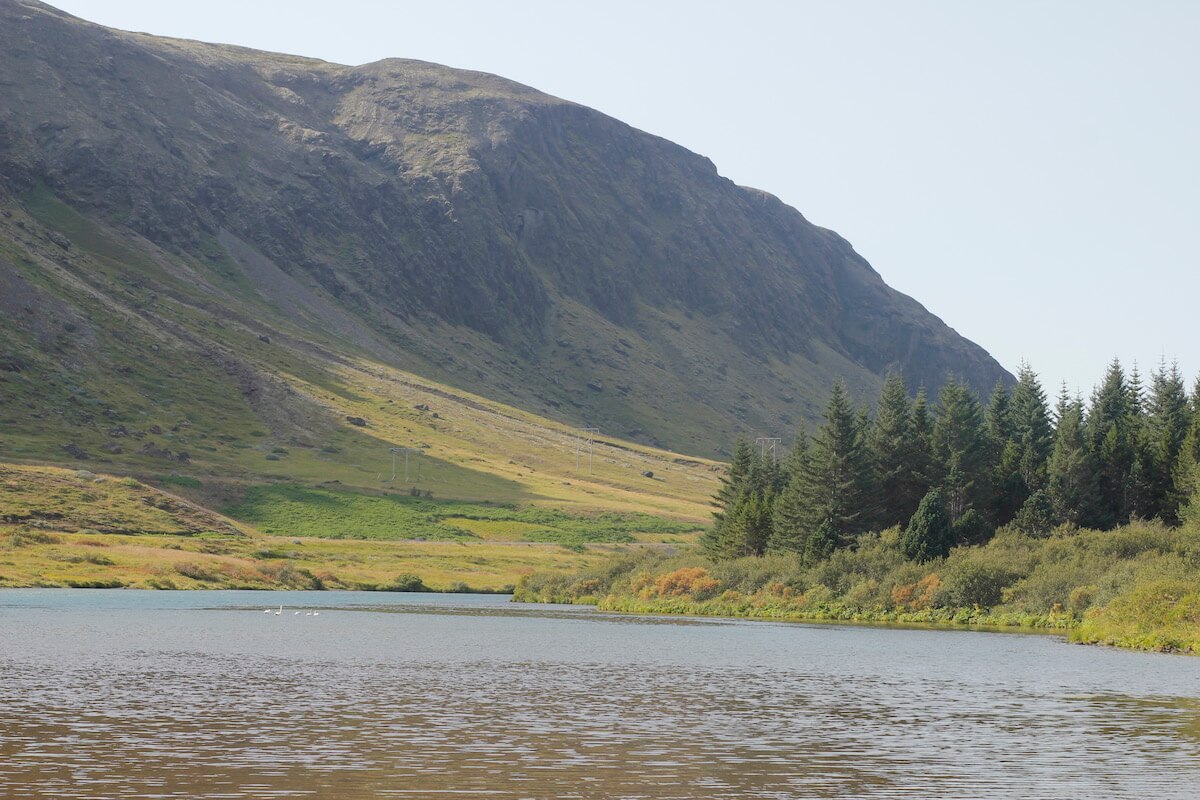
What inspired the theme, the scene, the water and the mountains?
Originally, I’m from France. I’m French-Malian. But I was living in the UK for about 10 years. I just moved to Iceland, two years ago. And it’s a place where I don’t easily belong because I’m a foreigner and I’m also Black. So that made me even more interested in questions about identity. And also my daughter is half Icelandic. So there is that kind of weird experience of raising a child in a country that doesn’t feel like home. I wanted to make a film about that experience, because it’s very complex. It’s beautiful, but then it’s also kind of isolating. And, it’s not easy to describe what that feels like.
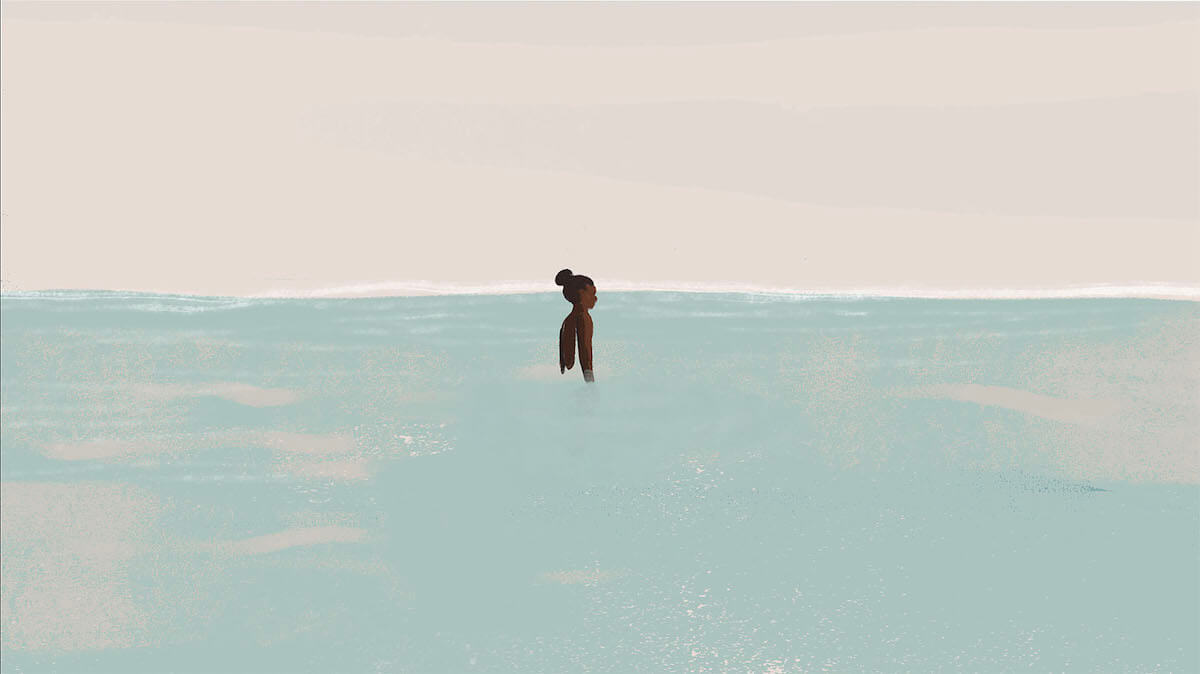
In Iceland, here, we’re surrounded by beautiful nature. It’s gorgeous, but it’s also kind of hostile. It’s cold and potentially dangerous, as well. And the mountains are rough. I wanted to feature the landscape almost as a metaphor – the main character is trying to fit into that landscape by diving into it. Also, swimming is very healing to me. So the water kind of became a way of showing that journey.
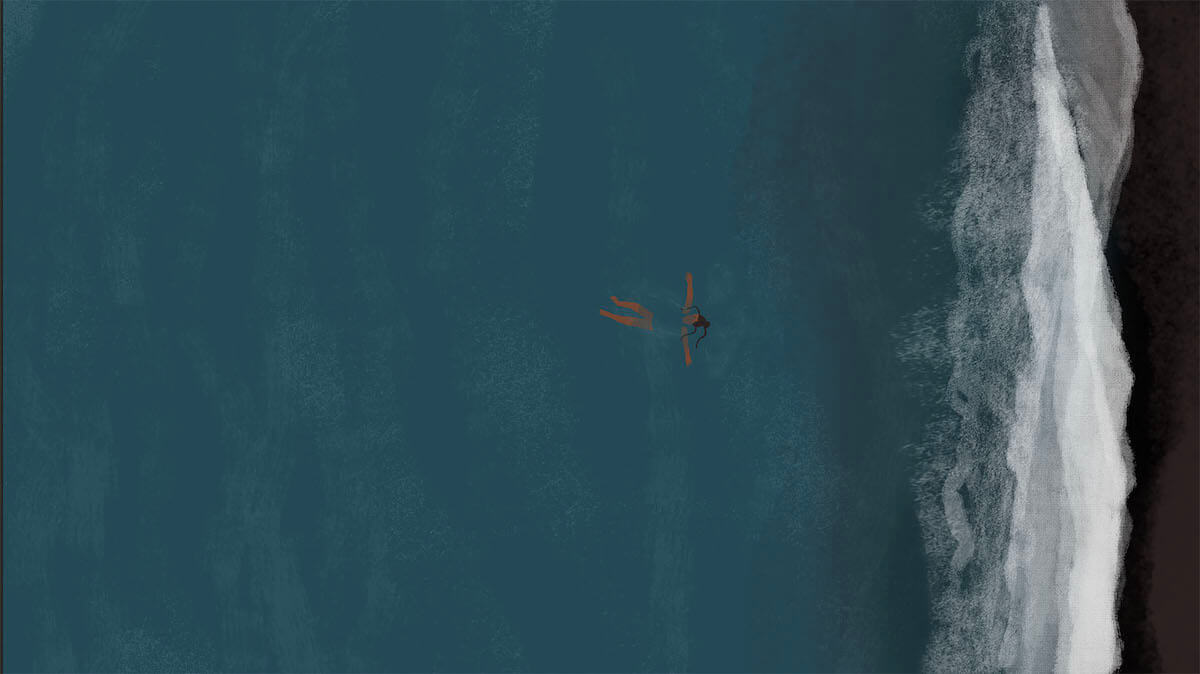
How did this short film impact your career? Did it result in other opportunities?
I’m working on another short, animated film kind of exploring the same themes. Now that On The Surface has been shown at a few important festivals, I know that it’s going to open doors for that. If I have a project, it’s going to be easier for me to contact funders and producers, so that’s exciting. But I think, mostly, it’s made me realize what I really want to do, because it’s the first time in a long time that I made creative work that was mostly just for me and not for somebody else. I guess it’s kind of given me confidence in that respect.
Note: This interview was lightly edited for brevity and clarity.
Next up: Why this filmmaker is raising awareness about youth mental health.
Lead image credit: A still from the short film On The Surface, courtesy Fan Sissoko.
